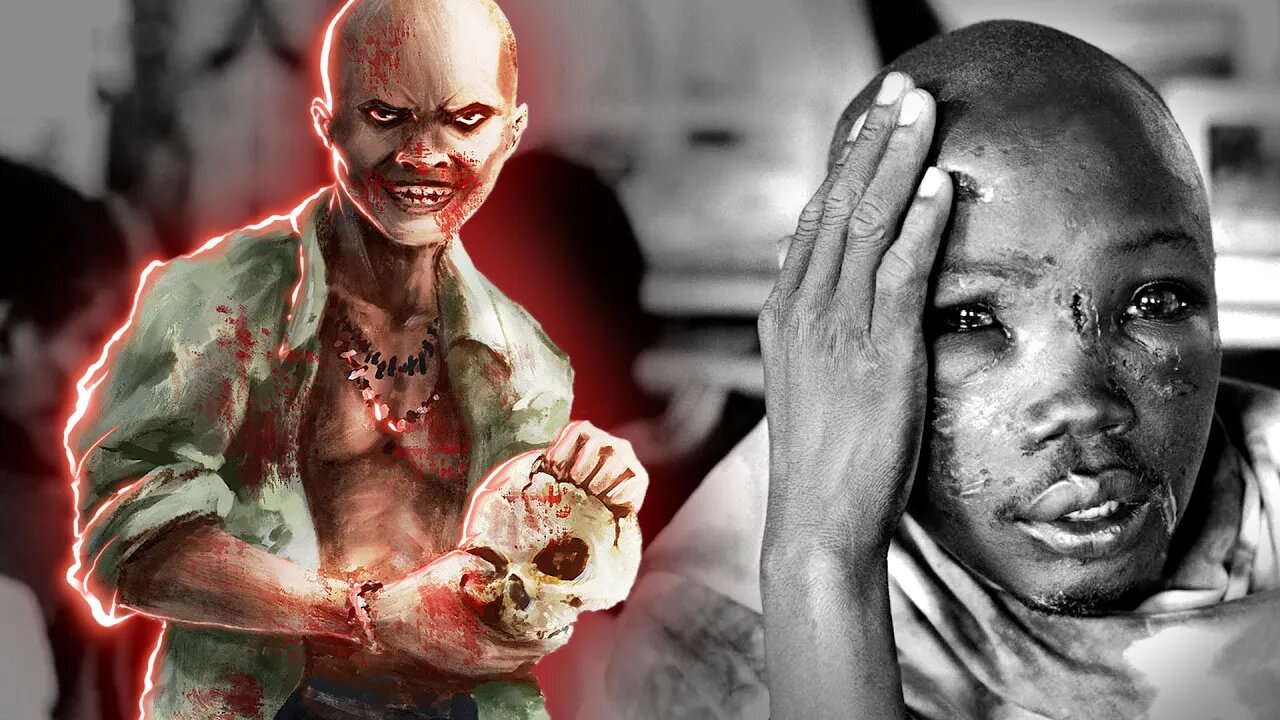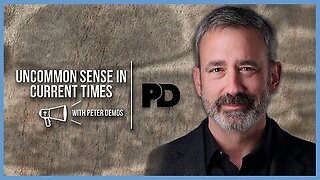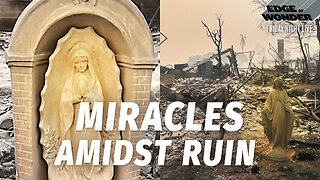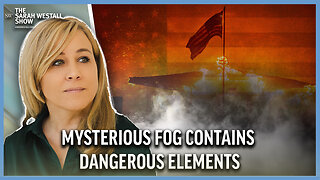Premium Only Content

This Genocide Was Too Evil To Comprehend (Warning* Mature Audiences Only)
From 1885-1961, Rwanda was a possession of two European countries, Germany, from 1885-1919, and Belgium, from 1919 to 1961. The same held true in neighboring Burundi, which was also populated by Hutu and Tutsi peoples. During this period, European ideas about ethnicity and racial superiority permeated much of Africa. To many Europeans, there was no doubt, white Europeans were superior to black Africans. BUT, people are people, no matter what their color, and it doesn't take much for one group of people to hate another, even if they look very similar to each other.
There is a long complicated history of tribal relations and tribal warfare in Rwanda, and the area around it. To the north, Uganda has had issues between different ethnic groups, and to the south, in Burundi, ethnic tensions got so high in 1972 and 1993 that hundreds of thousands of people were killed. In Burundi and Rwanda, the two dominant ethnic groups are the Hutu and the Tutsi. Caught between them in Rwanda are the Twa, a pygmy tribe who likely are the areas indigenous people.
The Tutsi and Hutu moved into the region hundreds of years ago, and by the 16th century, had established a variety of different kingdoms in the area. From the 16th to the 19th century there were times of ethnic violence between the two groups. Though the level and frequency of this ethnic violence decreased when Europeans took over, tensions often ran high and violence did occur.
There were many reasons for the tensions between Hutu and Tutsi. One of them was simple. Power. Hand in hand with power is economics. And finally there are the illogical reasons that people use to set themselves apart or claim “superiority” over another around the world – appearance, education (or the lack of it), or just plain differences that the two groups simply don't understand, care to understand or willfully put down.
When the Germans, and later Belgians moved in, they largely controlled the ethnic violence in the area, mostly out of concern that large-scale violence would interfere with the economy of the area, which both nations profited from. Unfortunately, a by-product of European control were European ideas about race and ethnicity
#rwanda #history #rwandagenocide
Scriptwriter: Matthew Gaskill
Video Editor & Motion Graphics: Merakie Media
Voice-over Artist: Lain Heringman
Music: Motionarray.com
Bibliography
"The Burundi Killings of 1972." Last modified June 27, 2008. https://www.sciencespo.fr/mass-violence-war-massacre-resistance/en/document/burundi-killings-1972.html.
History.com Editors. "Rwandan Genocide." HISTORY. Last modified October 14, 2009. https://www.history.com/topics/africa/rwandan-genocide.
"Just a Moment..." Taylor & Francis Online: Peer-reviewed Journals. Accessed April 30, 2023. https://www.tandfonline.com/doi/pdf/10.1080/11287462.2000.10800754.
McCoy, Jason. "Making violence ordinary: radio, music and the Rwandan genocide." African Music : Journal of the International Library of African Music 8, no. 3 (2009), 85-96. doi:10.21504/amj.v8i3.1829.
"The Rwanda "Genocide Fax": What We Know Now." The National Security Archive. Accessed April 30, 2023. https://nsarchive2.gwu.edu/NSAEBB/NSAEBB452/.
Yanagizawa-Drott, David. "Propaganda and Conflict: Evidence from the Rwandan Genocide *." The Quarterly Journal of Economics 129, no. 4 (2014), 1947-1994. doi:10.1093/qje/qju020.
Copyright © 2021 A Day In History. All rights reserved.
DISCLAIMER: All materials in these videos are used for entertainment purposes and fall within the guidelines of fair use. No copyright infringement intended. If you are, or represent, the copyright owner of materials used in this video, and have an issue with the use of said material, please send an email to adayinhistory2021@gmail.com
-
 16:28
16:28
A Day In History
1 year ago $0.04 earnedThe Unspeakable Things That Happened To Christians In Japan
5452 -
 1:15:22
1:15:22
Flyover Conservatives
1 day agoEczema, Brain Fog, B.O., and Gas… Eating Steak and Butter Creates Ultimate Health Hack - Bella, Steak and Butter Gal | FOC Show
66.9K3 -
 51:58
51:58
PMG
11 hours ago $2.62 earned"Can the Government Learn from Elon Musk’s 70% Labor Cut? A Deep Dive into Inefficient Agencies"
47.3K1 -
 6:39:15
6:39:15
Amish Zaku
10 hours agoRumble Spartans #10 - New Year New Maps
40.8K2 -
 1:04:58
1:04:58
In The Litter Box w/ Jewels & Catturd
1 day agoNo Tax On Tips! | In the Litter Box w/ Jewels & Catturd – Ep. 722 – 1/17/2025
157K32 -
 5:35:39
5:35:39
Dr Disrespect
17 hours ago🔴LIVE - DR DISRESPECT - WARZONE - CRAZY CHALLENGES
177K34 -
 1:16:30
1:16:30
Edge of Wonder
13 hours agoLA Fire Updates: Miracles Amidst the Devastation
50.3K14 -
 54:54
54:54
LFA TV
17 hours agoBanning Mystery of the Ages | TRUMPET DAILY 1.17.25 7pm
42.9K8 -
 1:47:13
1:47:13
2 MIKES LIVE
10 hours ago2 MIKES LIVE #168 Open Mike Friday!
36.4K3 -
 1:05:11
1:05:11
Sarah Westall
11 hours agoMysterious Fog and California Wildfires Both Contain Dangerous Elements w/ Dr Robert Young & Hazen
55.3K7